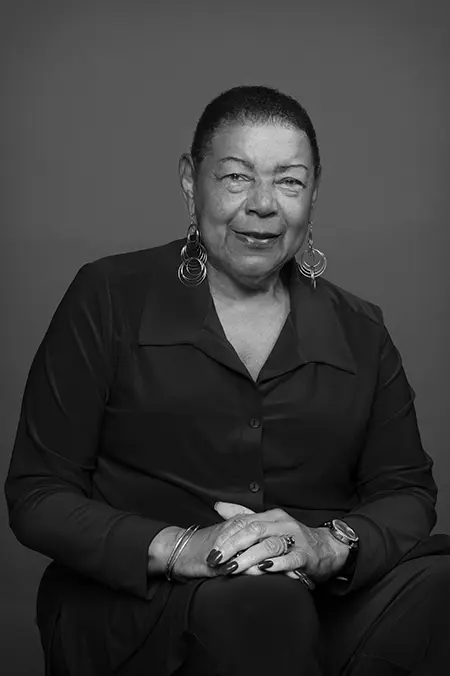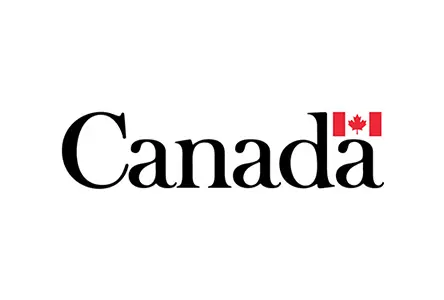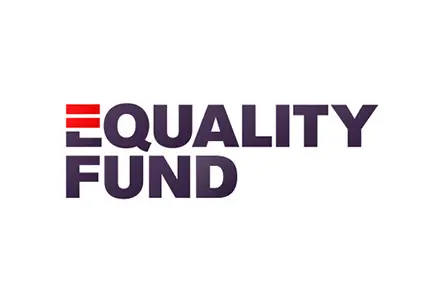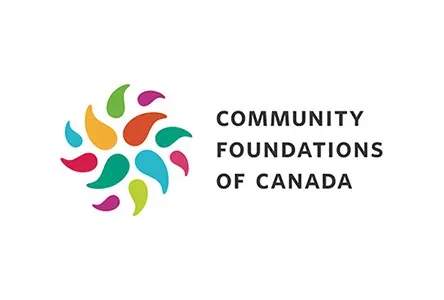Sheila Barker
 Speaking up for yourself to gain equality at work could be a life transforming
Speaking up for yourself to gain equality at work could be a life transforming
event. It was for Sheila Barker. But when the moment came, she was ready for it. It was at a high point in her ambitious career that she was tested. Sheila had gone from being a nurse and founder of the Ontario Nursing Association to working for the Ontario government as a policing service advisor. Her work involved guiding 72 Police Chiefs and applying the Police Services Act. The new position was a big promotion and, at that time, was usually was filled by men who were former police chiefs. Shortly after her transfer Sheila learned she was being paid a lower salary than her peers. And while her male counterparts had unlimited use of government issued cars, Sheila had to sign out a car for limited time periods. It was a discussion about inequality she would need to handle with tact. She knew if she was to speak too directly to her director, he might not respond positively.
“My grandfather always taught me that using a question to discuss a problem can help open up a more positive discussion so I thought that might be a good approach.”
Sheila requested a meeting with her director and said, “We need to talk.” She told him something was bothering her about her wages and she hoped he could help her and began with her questions.
“Why do I feel unloved? Excluded? Disadvantaged?” Sheila asked him.
As she leaned forward to advocate for herself. Sheila watched him roll backwards slowly until he unknowingly backed his chair into the large potted plant behind him. Sheila could see she had made her point. And on that same day, her economic power grew. She won a salary increase for her knowledge and abilities. Something that might not have happened if she chose not to deal with the situation wisely.
“I would say how you approach a situation and a supervisor will always be unique,” says Sheila. “However, asking these questions helped me. It also showed that I valued myself and I desired to be an equal with my peers.”
The source of her value came from Sheila’s grandfather. Although he dropped out of school and was a farmer he taught himself to play the violin and kept a library of classics that led to Sheila’s life-long love of reading that she credits with helping her gain knowledge and mastery in many areas of study. He reminded Sheila of that every week in Jamaica when he told shopkeepers: to store owners: “Give my grand-daughter whatever she wants because she’s going to be someone one day”.
To this day and throughout her career, she has always kept a clipping file of newspaper articles on topics related to her work.
“Reading deeply and really understanding your field of interest is very helpful for career success no matter what stage you are at,” shares Sheila.
Rigorous study and her own experience of empowerment led Sheila to get involved in making sure other people were treated equally. She’s been invited to the United Nations and has shared expertise on race relations, governance and police services with the Ontario Human Rights Commission, Ministries of Labour and Solicitor General. Having past her 80th birthday, she is still relevant and sought after for comment on the issues of gender bias and harassment by the media.
She hasn’t stopped pushing for more gender equality either. Leadership is not defined by age according to Sheila.
“My father always told me leadership is a behavior, not a title,” explains Sheila.
“The idea of gender equality needs to expand to equal access to the same opportunities.We need to help women by identifying and redressing the economic and social power imbalances that still exist for them.”
For Sheila, what started as a conversation about her future has become a never-ending quest to gain equal opportunities for others, too.
This project is supported by the Pilot Fund for Gender Equality, a collaboration between Community Foundations of Canada and the Equality Fund, with support from the Government of Canada. We thank the Windsor Essex Community Foundation for this opportunity.






